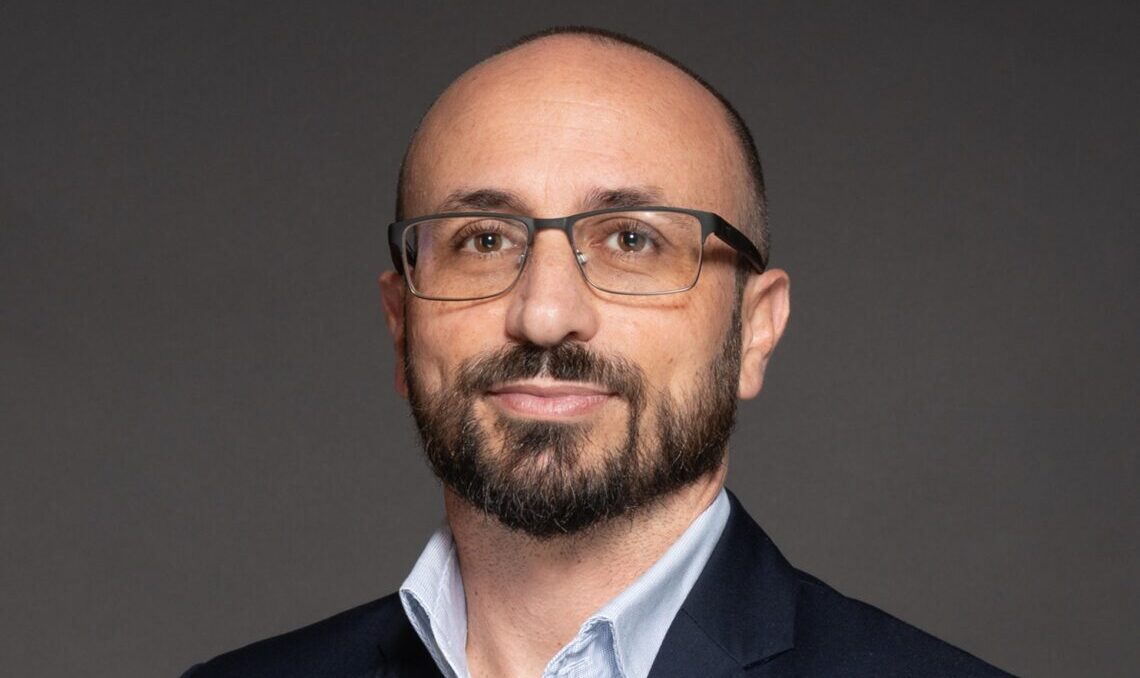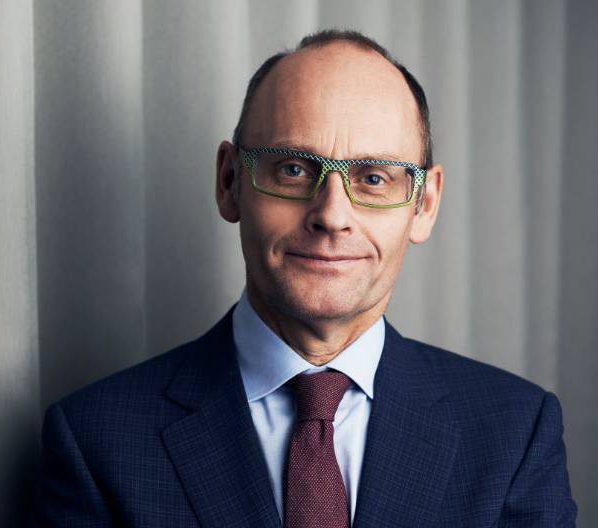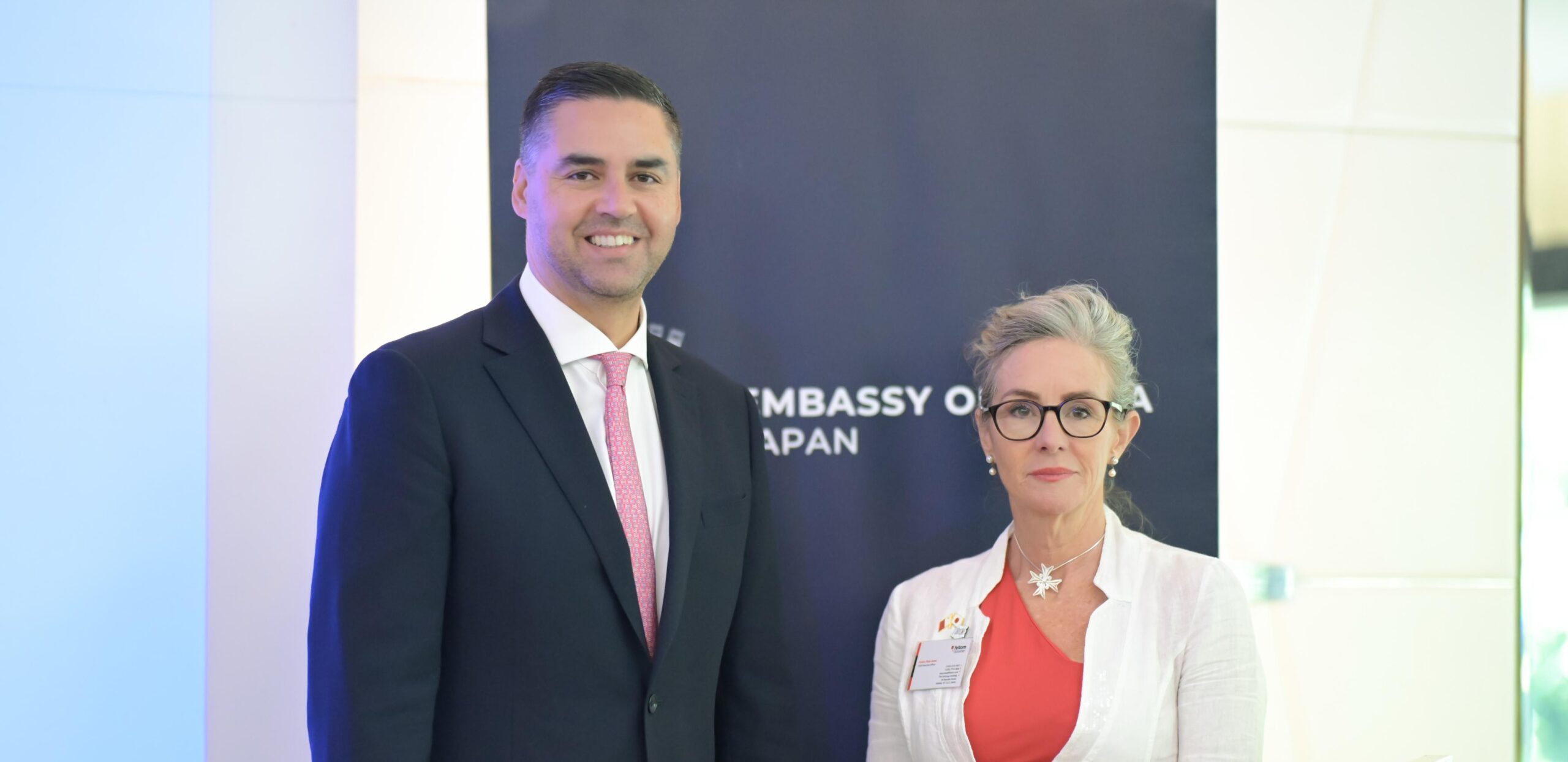For much of 2022 and the first half of 2023, inflation dominated headlines and conversations as the price of everything from bread to soap increased rapidly. Retail customers could not fail to notice the higher cost of a regular weekly shop, while social media was awash with complaints of greed and expressions of frustration that the little luxuries many have gotten used to seemed increasingly out of reach.
Businesses also suffered, both due to the higher cost of materials and as much if not more so by the increase in salaries set by the Cost Of Living Adjustment (COLA), which was at its highest level since 1981.
Throughout all this, PG Group, which operates the Pavi and Pama supermarkets and shopping malls, as well as Zara and Zara Home, saw higher turnover, larger profits, and increased footfall.
In the group’s annual report for the financial year ended on 30th April 2023, CEO Charles Borg outlined some of the measures taken by the company to protect itself from the prevailing economic environment while retaining a “major focus” on “keeping the cost of shopping affordable”.
“Over the last few years, in terms of employment, Malta has experienced a situation of full employment,” said Mr Borg. “This situation brings with it significant pressures on staff retention and their salary packages.”
In fact, inflationary pressures coupled with an extremely tight labour market drove the the average cost per employee to rise by 17.6 per cent during the period.
Mr Borg explained that for PG Group to retain its best trained people, it “had to adjust certain salary packages” over and above the COLA adjustment, with overall employment costs rising by over €2 million during the year.
The company’s policy direction to retain low and competitive prices even at the expense of lower margins has also seen it sell certain products at a loss: “In the case of a number of essential products, we took the decision to significantly reduce our margins and, in some cases, even below our purchase price, which means that we subsidise certain staple products.”
The supermarkets stock over 800 products specially marked as the most essential items with the cheapest price in their respective category.
“Rather than having such products simply put on offer for a short period of time, we make every effort to sustain these prices for longer periods to ensure that the most essential items are accessible to all customers.”
To support its efforts to keep prices affordable, and ultimately increase its competitiveness in the local market, the company has increased its direct sourcing from suppliers abroad, and invested more in its purchasing department to be able to source new suppliers.
“Direct sourcing gives us a competitive advantage and the benefits derived are generally passed on to our consumers by way of lower prices,” said Mr Borg.
PG Group now directly imports some 30 per cent of the products on its shelves from around 200 different suppliers, allowing it to keep costs down.
In view of stock shortages experienced during the COVID-19 pandemic and the supply chain issues that gripped the global economy over the last years, the company has also increased its stockholding of essential commodities to ensure availability of supply.
“This diversity gives us the opportunity to source quality products at competitive prices which in turn result in a benefit to our customers. Lower prices and diversity of product range has given us the possibility to attract many customers who never used to shop in one of our supermarkets, thus gaining important market share.”
During the last financial year, the company has strengthened its close relationship with CONAD, one of the largest supermarket chains in Italy known for its “high quality products” at “quite affordable” prices.
“This relationship continues to work well and it is our intention to invest more by offering a more diverse range of products carrying their own label.”
Mr Borg acknowledged that “inflation is a pressing reality for everyone, and it is our job to find ways how we can help our many customers to overcome this challenge.”
PG Group’s success in doing so, he added, “is our biggest competitive advantage.”
Betsson doubling down on flagship brand to ‘realise economies of scale’ – CEO
The iGaming giant recently launched its main global brand in Georgia and Lithuania.
Japan-Malta visa to attract more, higher-quality Japanese students – FELTOM CEO
Jessica Rees-Jones says that this agreement is extremely important for the local English Language Teaching sector.
Coldplay’s kiss cam sparks scandal for US tech CEO and HR Chief – and the internet can’t look away
A Coldplay concert kiss cam turned into corporate chaos when two tech execs were caught canoodling, and the internet did ...
Lawyers weigh in on amendments in Malta’s citizenship law: Evolution or extinction?
Experts say whether amendments in the law signal the end of the sector, or simply its evolution into a more ...









